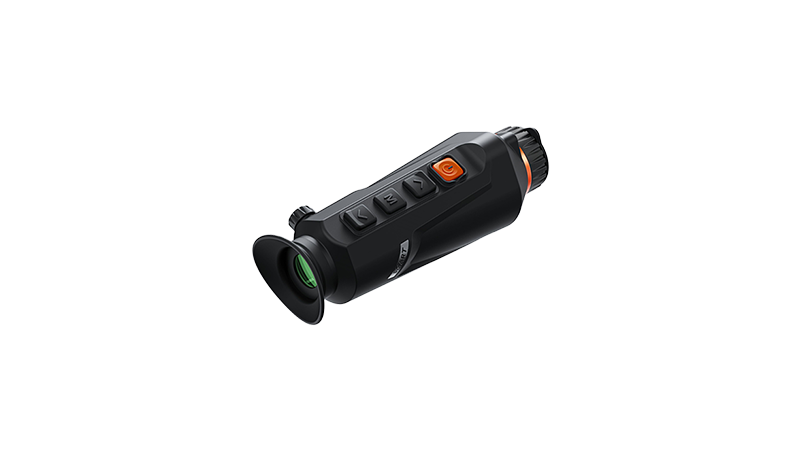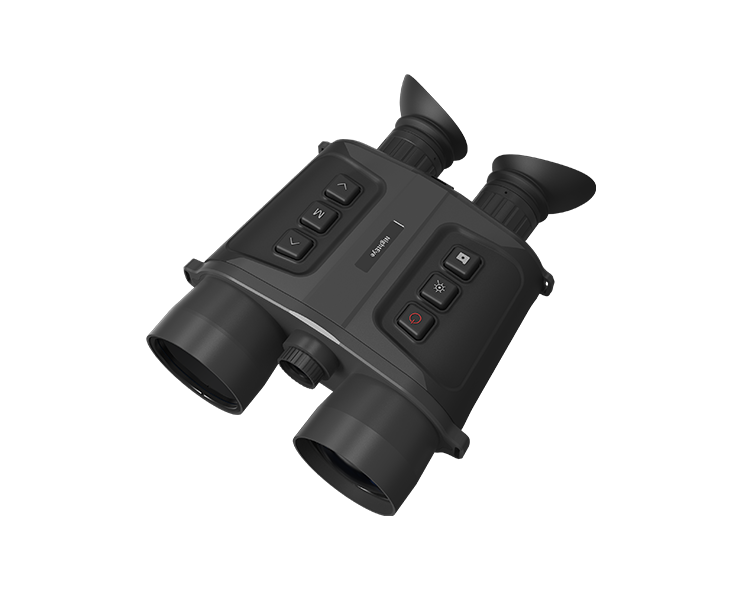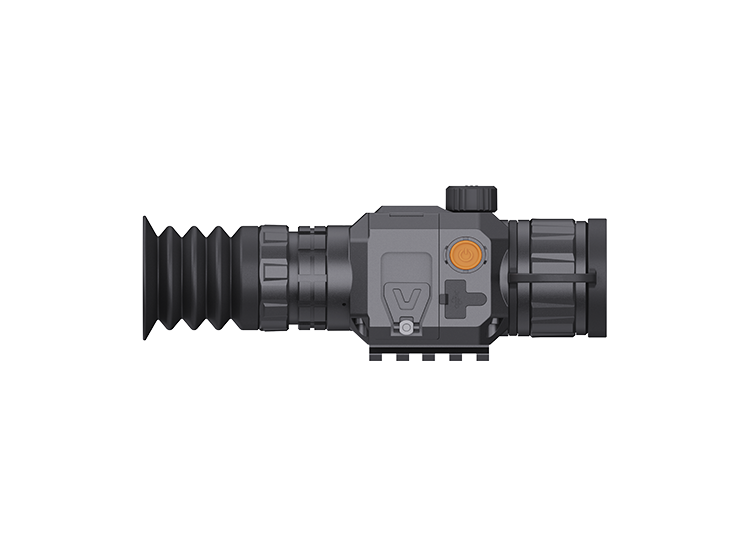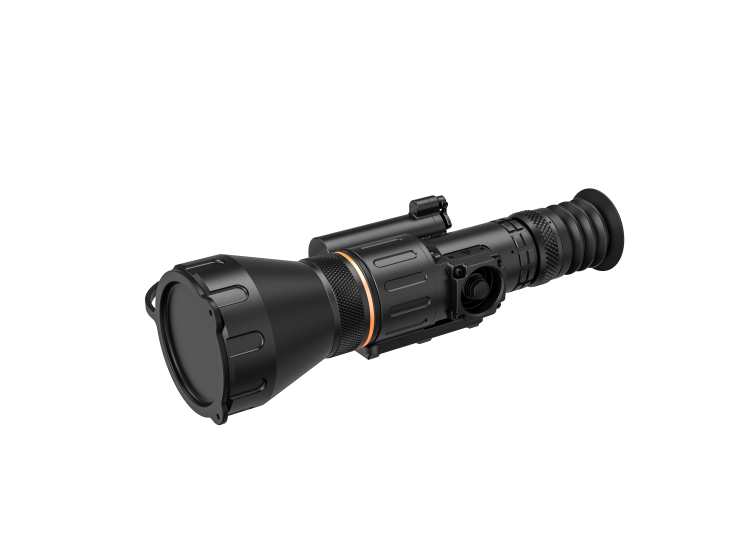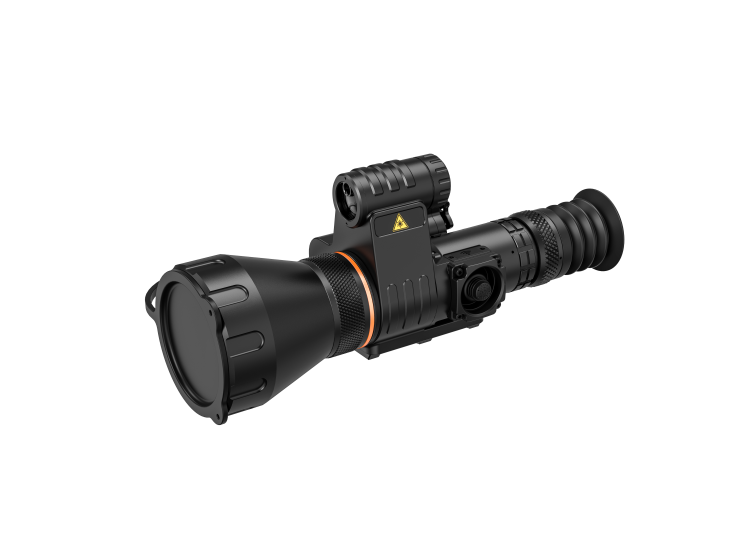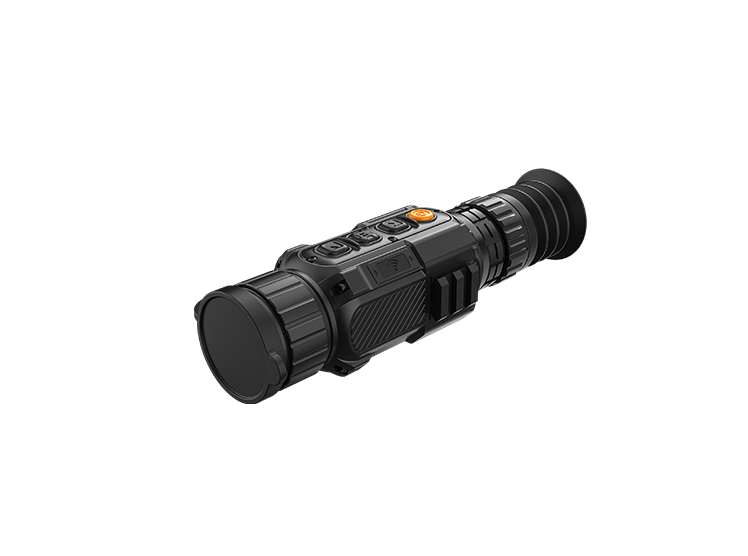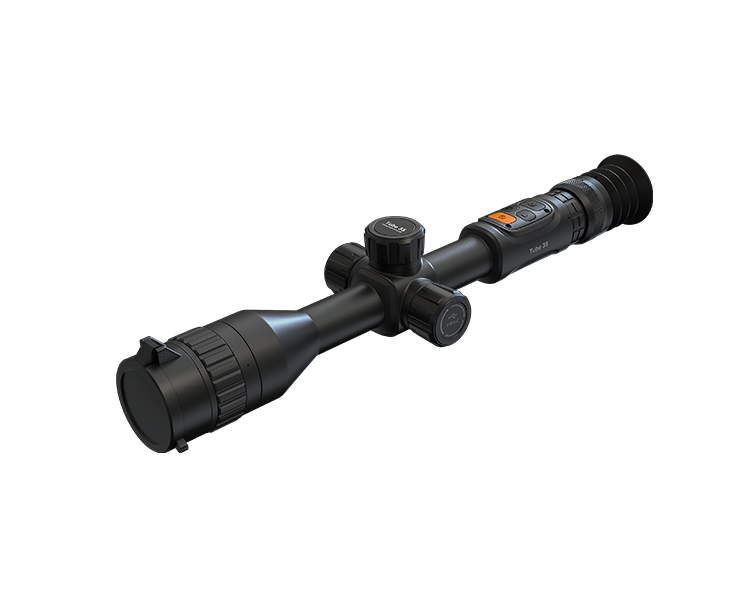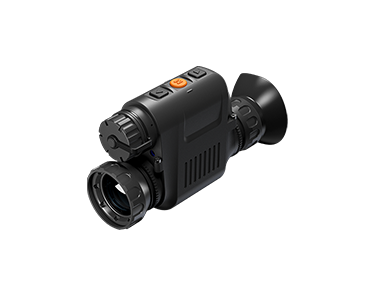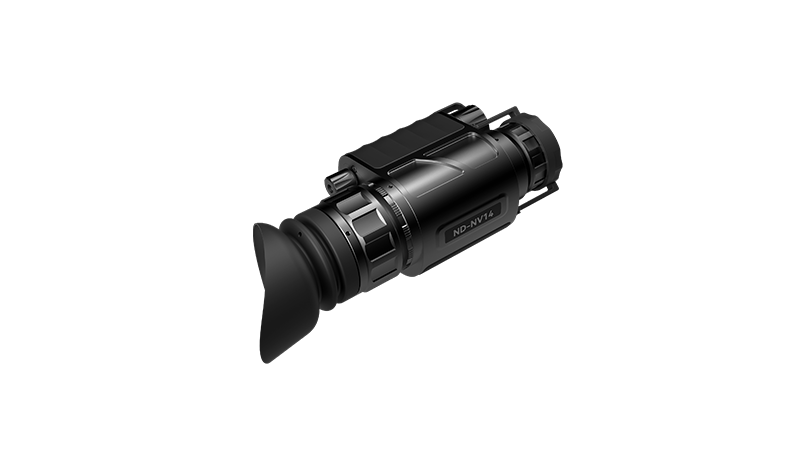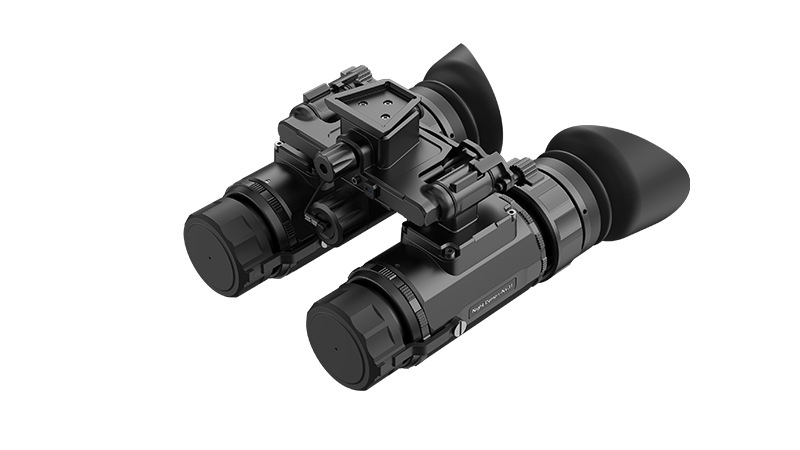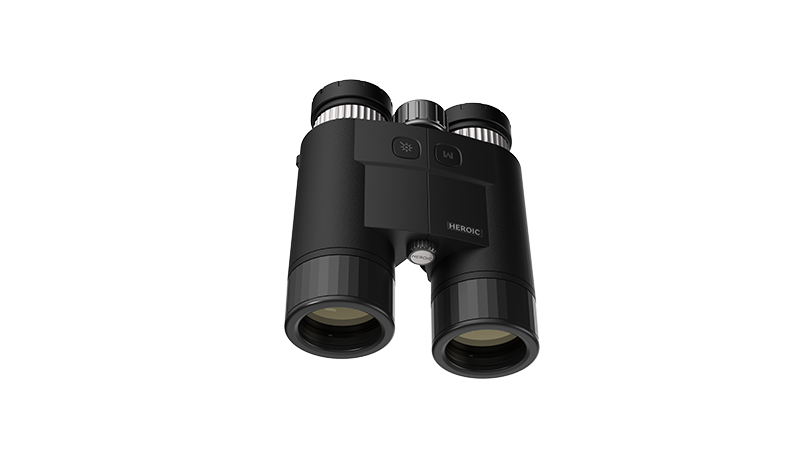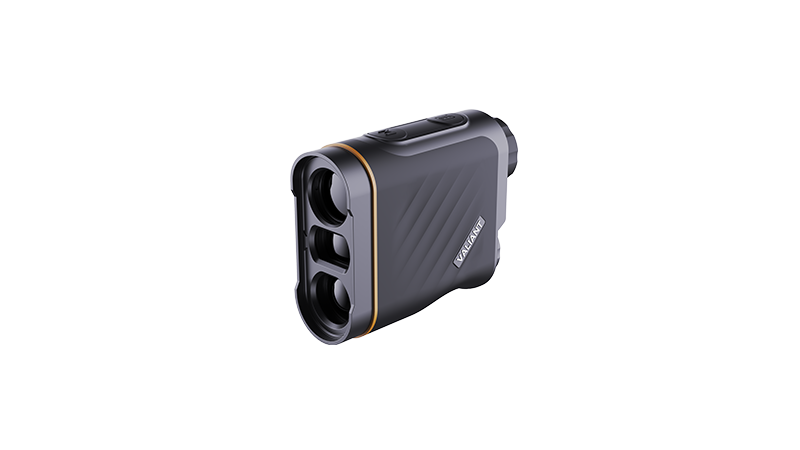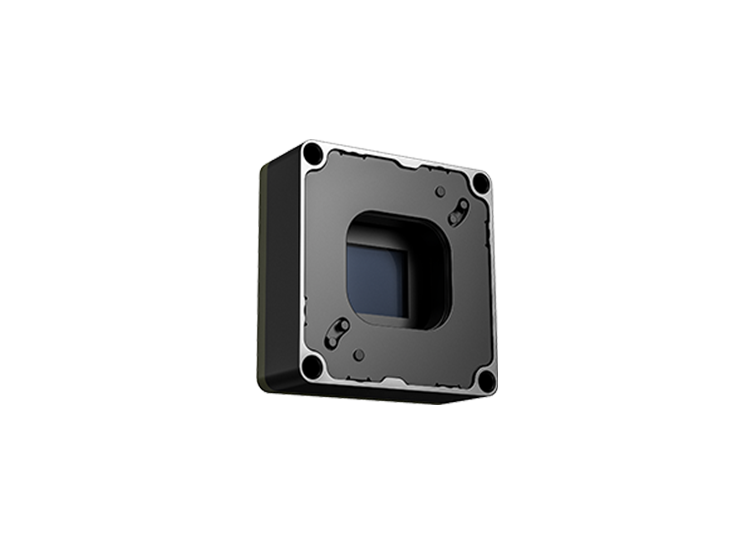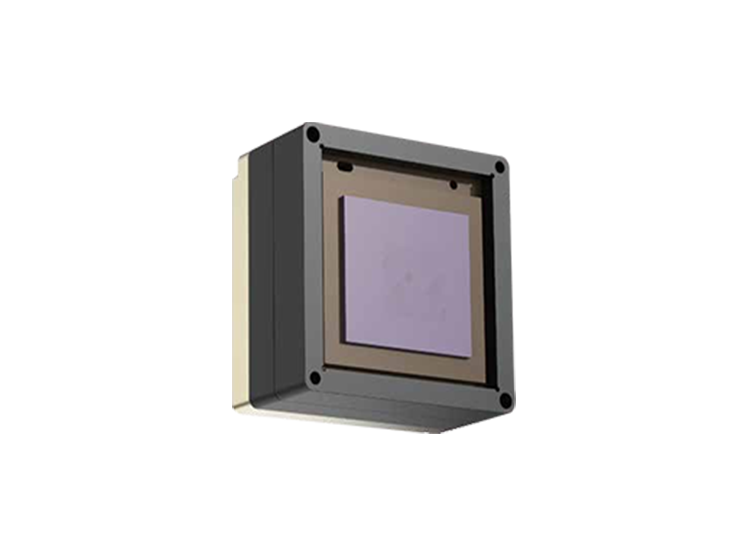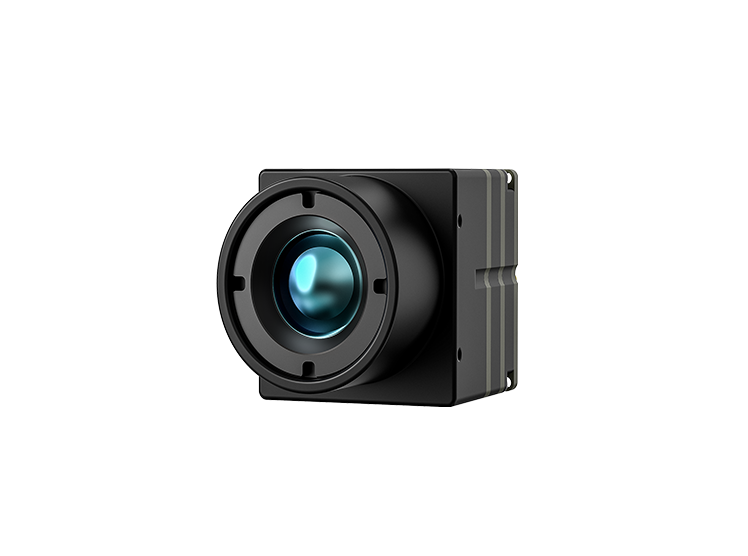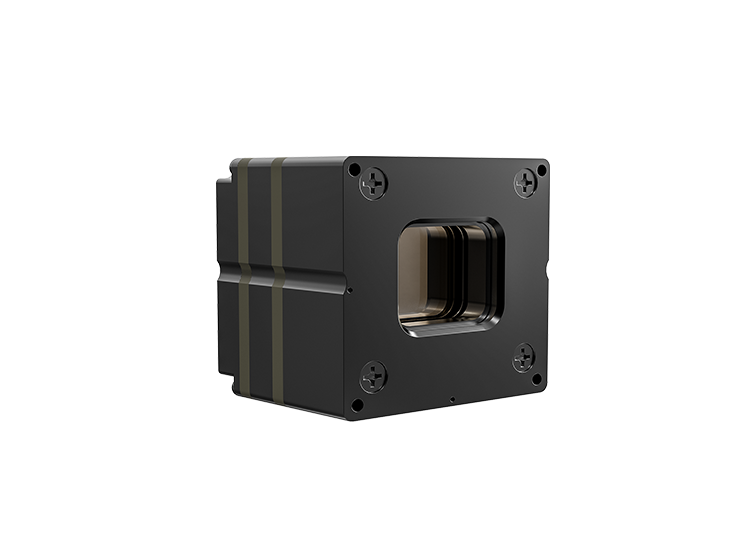Essential Industrial Standards for Professional Thermal Drone Cameras
2025/11/23The adoption of drone thermal cameras has transformed various sectors, including agriculture, construction, and public safety. As the use of these advanced technologies expands, understanding the industrial standards that govern thermal drone cameras becomes essential. Compliance with these standards not only ensures safety and reliability but also enables the effectiveness of the technology in critical applications.
Performance and Imaging Standards
A professional thermal drone camera must meet rigorous performance and imaging standards to be effective in various operational scenarios. The resolution of the thermal sensor is one of the most critical factors; higher resolutions allow for more detailed images, enhancing the ability to detect and analyze heat signatures.
Thermal sensitivity is another pivotal performance metric. A high-performance thermal drone camera should have a low Noise Equivalent Temperature Difference (NETD), allowing it to detect minor temperature variations. This capability is particularly important in applications like search and rescue, where identifying subtle heat signatures can be lifesaving. Meeting these performance standards is crucial for ensuring that users can depend on the thermal drone camera in various challenging environments.
Environmental and Safety Compliance
Thermal drone cameras are often used in demanding conditions, making environmental standards particularly relevant. Compliance with IP (Ingress Protection) ratings is essential, as these ratings determine a camera's resistance to dust and water. A drone thermal camera with a high IP rating, such as IP67, ensures that it can withstand harsh weather conditions, thereby increasing its usability across different applications.
Additionally, safety standards like those outlined by the Federal Aviation Administration (FAA) in the United States dictate operational parameters for drones, including weight limits, flight altitudes, and operational zones. Adhering to these regulations is vital for minimizing risks during flight operations and ensuring the safety of both personnel and equipment.
Integration and Customization Standards
The versatility of thermal drone cameras is enhanced by their ability to integrate with various systems and technologies. Standards governing interoperability, such as those related to communication protocols and interface specifications, are crucial for seamless operation within broader thermal imaging systems.
Our Spiritpupil Series uncooled thermal module exemplifies this adaptability, featuring a compact design with customizable interfaces and interchangeable infrared lenses. This allows businesses to tailor their thermal drone camera setups to meet specific operational needs, whether for fire rescue, security surveillance, or outdoor activities.
Collaborating with IRVOTEX for Advanced Thermal Solutions
As the demand for professional thermal drone cameras grows, adhering to industrial standards is essential for maximizing performance and safety. At IRVOTEX, we specialize in advanced thermal imaging solutions, including our Spiritpupil Series. Our commitment to quality and innovation ensures that our thermal drone cameras meet industry standards, providing users with reliable, high-performance technology tailored to their needs. We invite you to partner with us in advancing your operational capabilities with our state-of-the-art thermal imaging solutions.
 +86 (028) 8535 5966
+86 (028) 8535 5966 +86 17323184180
+86 17323184180 irvotex@votinfrared.com
irvotex@votinfrared.com

